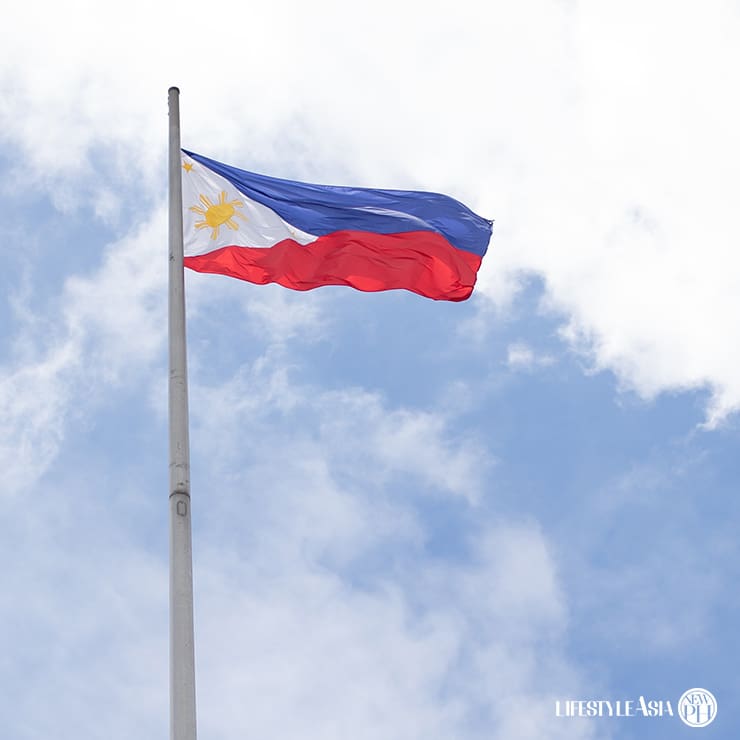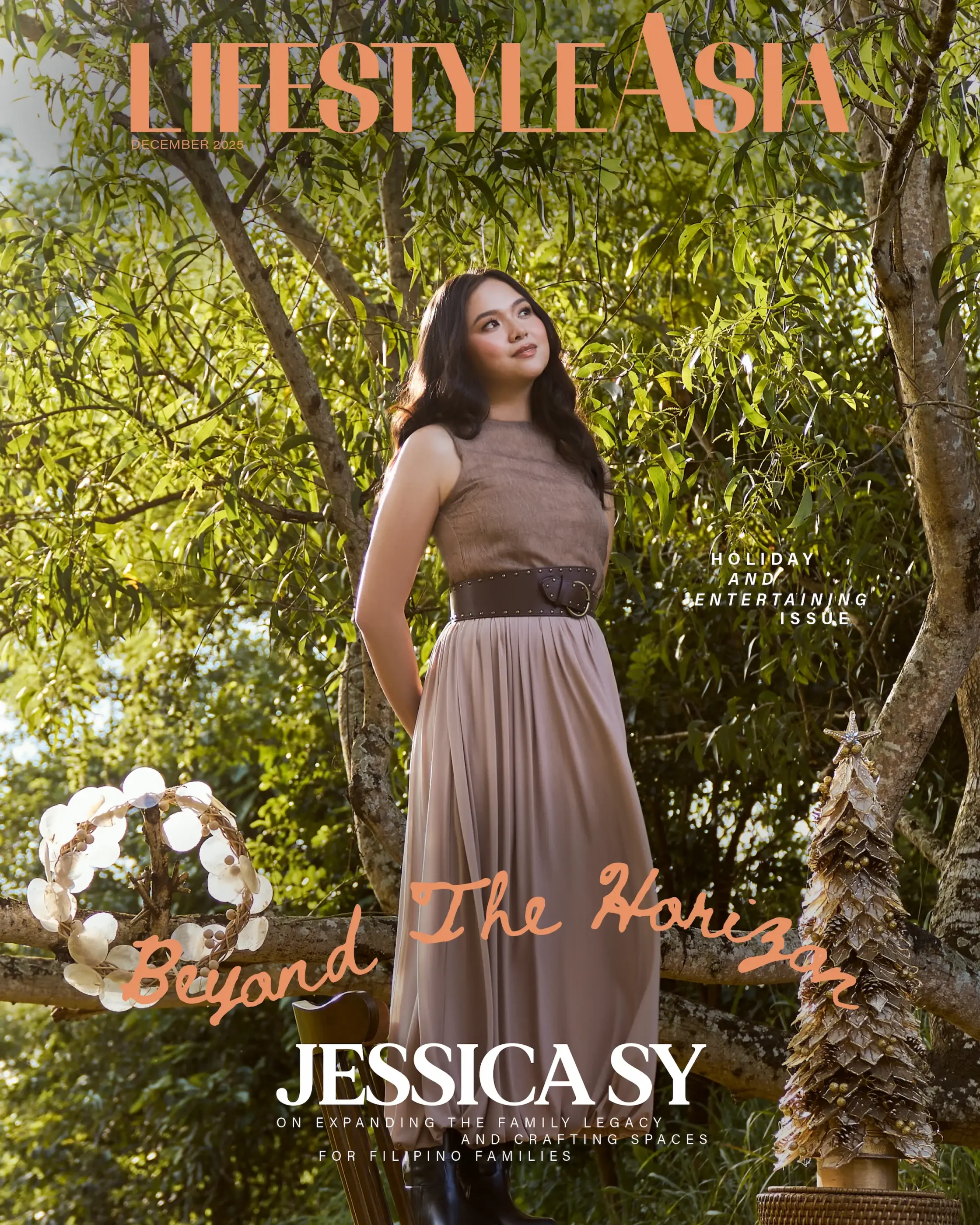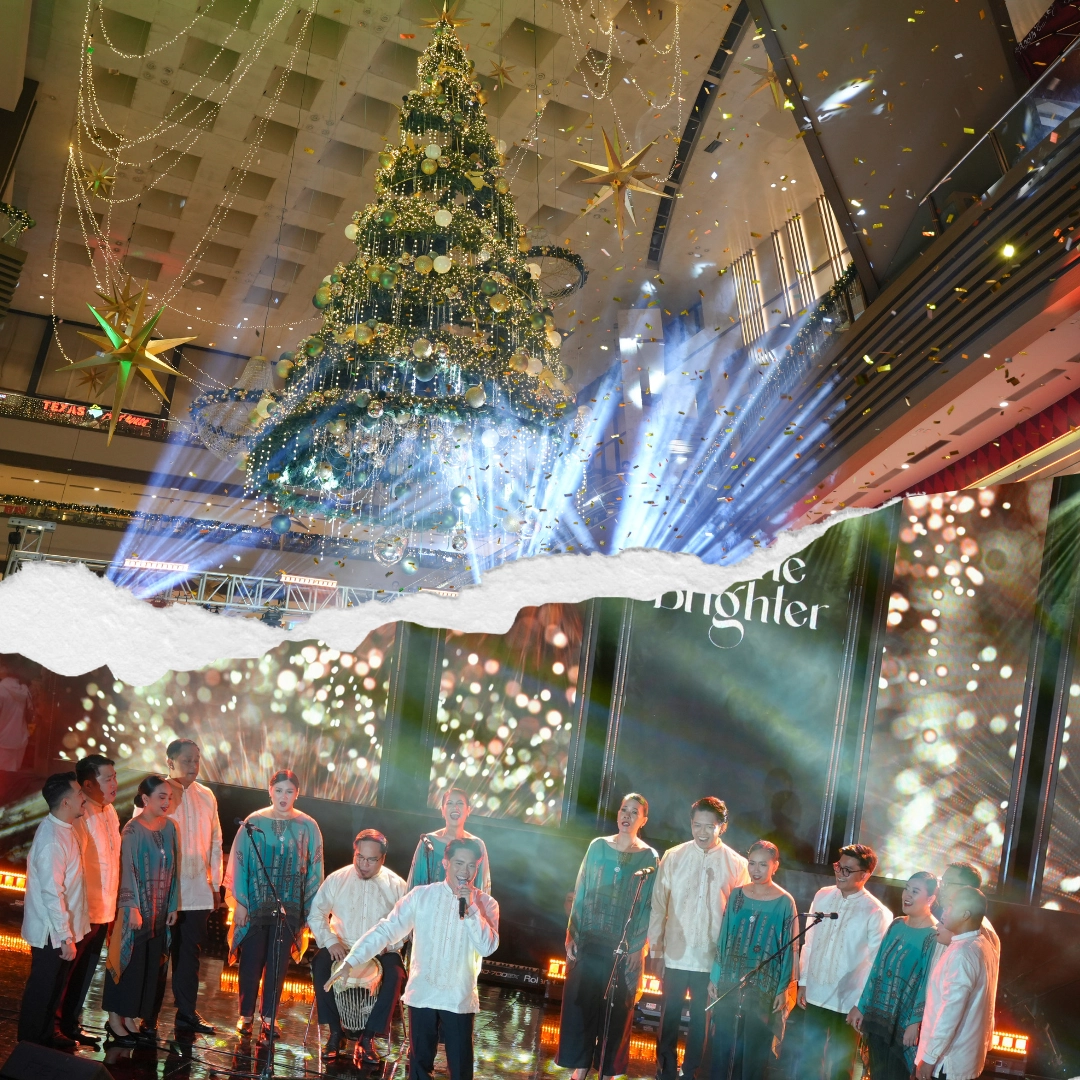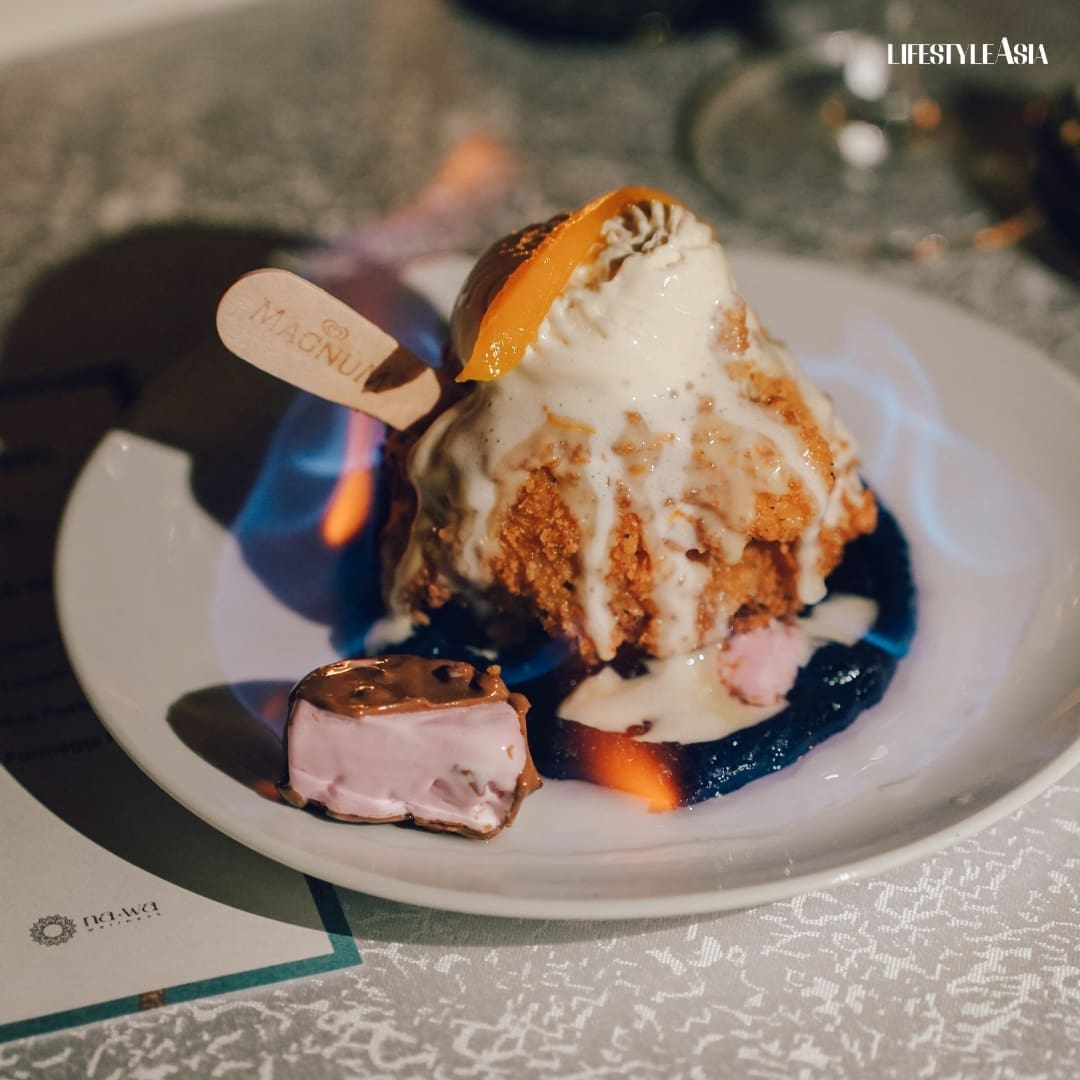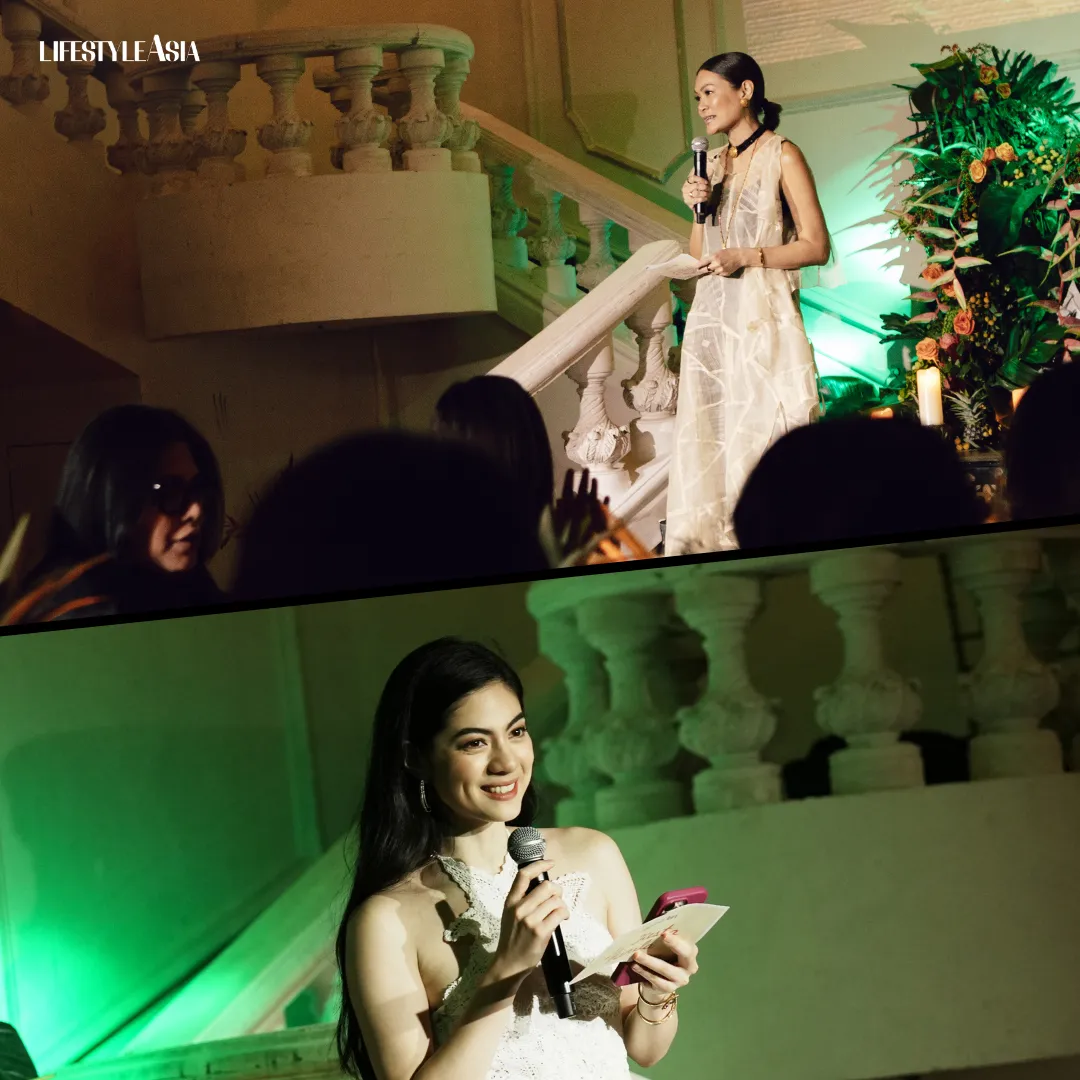In time for Independence Day this weekend seven proud Filipinos share what being free means now, and how liberty can be celebrated daily.
It’s been 123 years since the Philippines gained freedom from 300 years under Spanish rule. Since our first Independence Day in 1898, we have repelled other would be colonizers, and many changes have happened.
Filipinos are now present on the global stage through the arts, sports, and innovation. Even when it comes to social media, the Philippines ranks first in the list of internet usage. (Ironic, given our local internet speeds.)
However, it’s a testament to how the Filipino community rises in the face of adversity, whether it be patiently waiting for web pages to load or braving floods to help each other when we get harshly hit by typhoons.
This willingness to stand together was seen more recently through efforts such as Ana Particia Non’s community pantry.
In Quezon City, Non began organizing fresh food, and pantry essentials for people dislodged and needed basic supplies due to the pandemic. Shortly after photos of her community pantry spread on social media, the Maginhawa Street charity effort inspired more Filipinos all across the country to do the same in their areas, and they did.
Tomorrow is the Philippine Independence Day, and in time for the celebration of freedom, we ask our countrymen what it means to be free today, how they celebrate freedom every day, and what they think it means to be a Filipino.
Franco Laurel
“To me, freedom means I have the power to be who I truly am and express myself in a respectful manner with no hindrance,” shares the award-winning actor.
Being Filipino gives Laurel pride and honor. He fondly adds that no matter what Filipinos go through, whether good or bad, we always look at the brighter side of things. “We are very resilient and optimistic, not to mention we are extremely talented in so many things that give us the upper hand on the global stage.”

With that, Laurel celebrates his freedom by living a life honoring God in everything he does. “It was when I accepted Jesus Christ as my Lord and Savior did I experience total freedom.”
Robina Ko-Tan
“Freedom is being genuinely happy no matter what situation you are in and enjoying life as it comes,” she states. From eating delicious food to hearing her children’s laughter, Tan credits the simple things in life for allowing her to enjoy her freedom.

“Filipinos are resilient people who can smile even if we encounter problems,” she muses. When tough times arise, Tan appreciates how communities can uplift themselves.
Timo Pangilinan
“So much of my ideas on what freedom means are deeply rooted in my childhood,” Pangilinan shares. “The older I get, the more I notice that I can easily overcomplicate life, but when I strip myself of the unnecessary layers from adulthood, I’m reminded of the simple things that brought me joy.”
“We’re all just trying to walk each other back home” is a quote that reminds him never to lose his inner child and be his most authentic self.

As an introvert by nature, the 25-year-old feels freedom when he genuinely expresses himself— speaking his mind and putting his thoughts into writing.
“People have so much fear in being vulnerable with their emotions, but I honestly think there’s freedom in openness. I catch myself in these moments and feel so secure knowing I could just be me,” he adds.
Pangilinan acknowledges that apart from Filipinos being internationally recognized for their talents, we are sincere people with big hearts that channel this in everything we do. Lastly, he appreciates how a sense of humor is woven into our culture.
“We know how to have a good laugh and not take everything so seriously since our humor is also next level,” he says. “We radiate a lot of positivity and are generally pretty empathetic.”
Marilen Roa Nuñez
“Freedom to me is always bound with the concept of liberty,” Nuñez shares. She believes that we can celebrate independence by doing what we aspire to do “in spite and despite of.”

The mother of three adds what she thinks being a Filipino means, and it includes having strong family ties, being religious, respectful, resilient, and courteous. “All these are a byproduct of love—one that is evident and strongly felt by most Filipinos,” Nuñez explains.
Charles Tiu
“Freedom is being able to live a peaceful life doing what you believe in, without having to worry about what people will say about you or being forced to do certain things,” Tiu says.

In the age of social media, wherein many people mindlessly criticize things, the CNN news anchor uses his freedom by “not being affected by what others think or say.” Tiu adds that a Filipino heritage is something to be proud of, and that’s why we all should have the
Linda Ley
“Freedom is being able to live in a world where you can be true to yourself—in a world where you can speak your mind and live your authentic self without fear,” Ley muses.
As a woman who wears her heart on her sleeve, she celebrates freedom by actively saying what she feels as long as she doesn’t “offend others” with her thoughts, words, and actions.

In Ley’s opinion, being Filipino means going above and beyond what is expected of them. She credits the people of the Philippines who excel in their fields, from healthcare to fashion. “Hard-working, excellence, and being world-class—these qualities make me proud to be a Filipino. Pinoy Pride!”
Jessica Tan-Gan
“One’s right to live, think, love, act, do as he or she pleases” is what freedom means to Tan-Gan. In relation, living life in the ways she chooses to is how she celebrates independence today.

For Tan-Gan, she believes that unity is what it means to be Filipino, “being a Filipino is anyone who’s got every other Filipino in the center of their hearts.”
Banner Photo by Sam Balye on Unsplash
